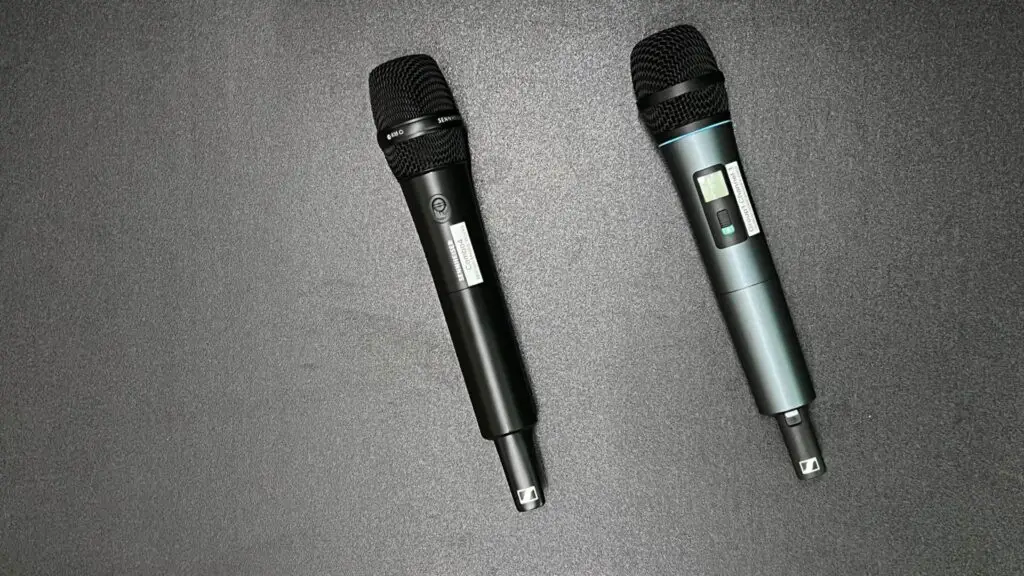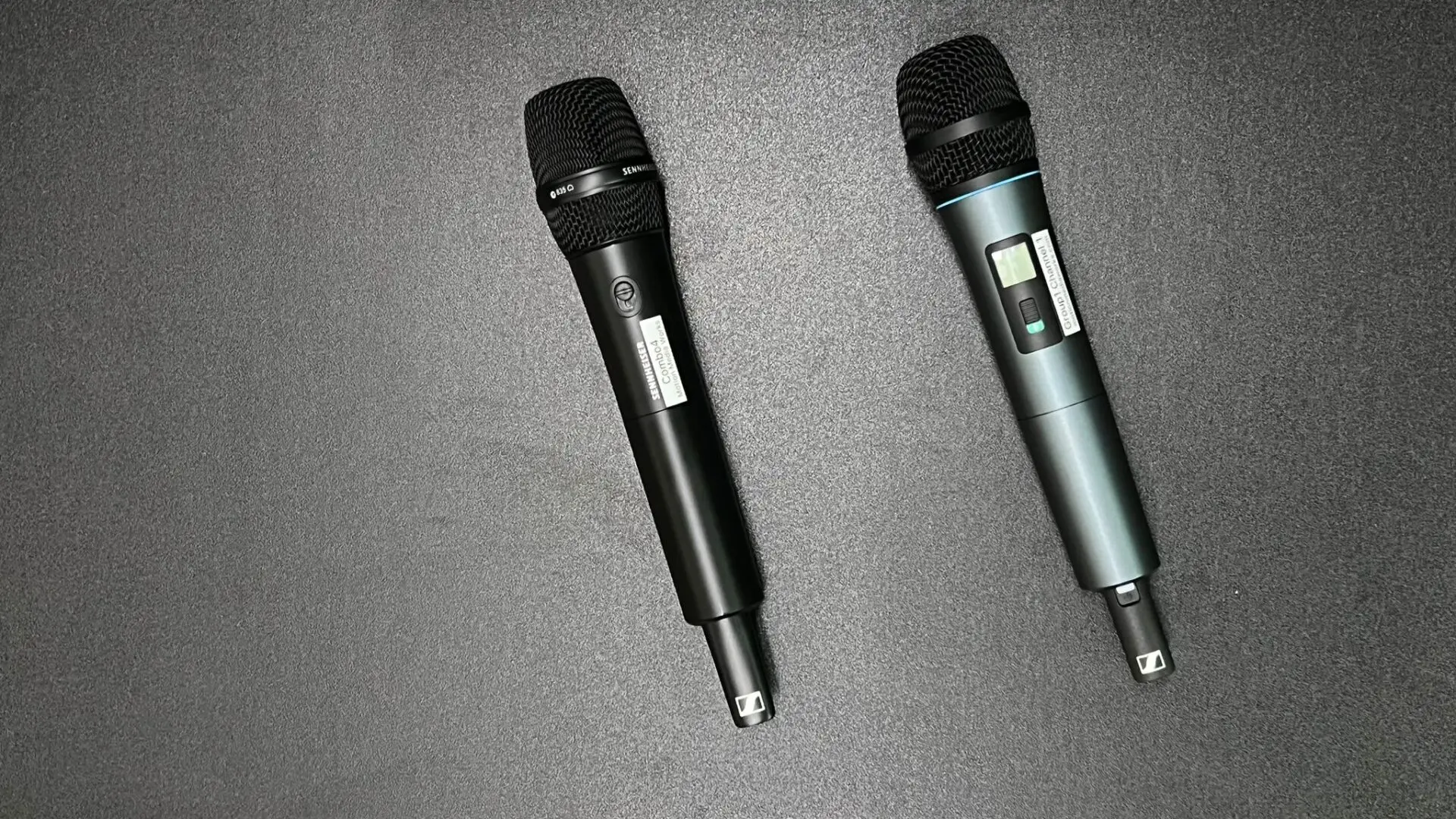
Analog vs Digital Microphones for Events
There are several advantages of digital wireless microphones over analog wireless microphones.
- Digital wireless microphones typically have better audio quality, as they use digital signal processing (DSP) to transmit and receive the audio signal, which can reduce noise and distortion.
- Digital wireless microphones also typically have a wider frequency range and greater dynamic range than analog wireless microphones.
- The security of digital wireless microphone is better than analog wireless microphone.
- Digital wireless microphones also tend to be more resistant to interference from other wireless devices, as they use advanced error correction techniques to ensure that the audio signal is transmitted and received without errors.
- Digital wireless microphones also have greater range and more channels to avoid interference with other wireless devices.
- Digital wireless microphones may be able to communicate with other devices over a network, which allows for remote control and monitoring of the microphone.
Why do people still choose to rent analog microphones for events?
Analog microphones are a more cost effective option. However if you have a sound engineer on location to coordinate frequencies of multiple mics, mute offending mics with interference and scan for new frequencies and sync the transmitters, you might not notice the difference.
Unless it’s a larger show and you would like your sound engineer to focus on getting better audio for your event and not be overloaded with trying to deal with frequency interference.


